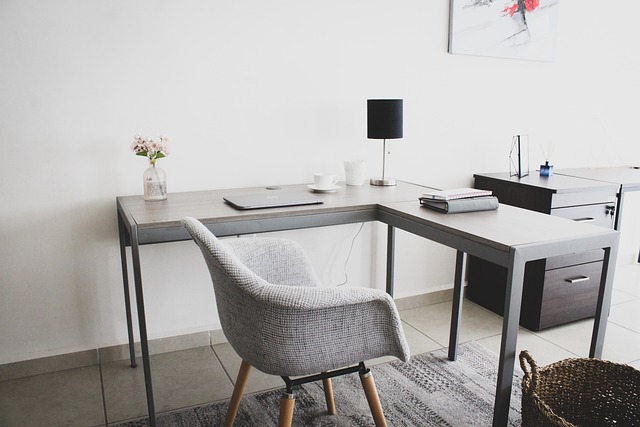
More people work from home than previous generations. Back in my day, it was pretty much just Dr. Jason Seaver, and sometimes Bob Newhart. (Links here and here for those of you who are not 40.) Anyway, if you are working remotely, you might be asking “Do I need a home office?” Let’s take a closer look.
Benefits of Working From Home
Working from home can be really amazing for those looking to make a living while still taking care of a family or maintaining a home. The days of being required to get up in the morning and head to the office are over for many professionals. The shift has a lot to do with the way work changed during and in the aftermath of the pandemic. Employers learned that more work could be done remotely, and employees learned their value. Here are some of the benefits of working from home.
- Work/life balance
- Saving time on that commute
- Flexibility to work from multiple locations as needed.
The Down-Side of Working Remotely
Although working remotely has a ton of benefits, we must also look at the potential downsides. Here are some obstacles you could run into working from home.
- Difficulty with motivation.
- Outside distractions.
- Isolation.
- Imposter syndrome.
Why You Might Need a Home Office
If you do decide that working from home is for you, consider whether you need a home office. While it is not necessarily a requirement, a workspace at home can make your job much easier. If you look at the cons of working from home above, you will notice that a home office can go a long way in easing these problems.
One of the biggest issues you may encounter in a work-from-home job is Imposter syndrome. Let’s say you are a writer or a graphic designer and you do all of your work from home. You are definitely doing the job, but your mind might make you question yourself because you are “sitting at home.” having a designated office space can help you to feel more confident about your job. Basically, if you are working from the same room where you watch TV, you might feel like an imposter instead of a professional.
Additionally, a dedicated office can cut out distractions. When you are at home, you tend to see all the other things that need attention. Simple things like the laundry or dishes can distract you from your job. If you have kids, it can be even more challenging and you might need to section off an area to focus completely on your job. One bit of caution, however, locking yourself away in an office can make the feeling of isolation worse. Keep an eye on how your surroundings are impacting your mental health.
Ultimately, a home office can be a great asset to your career. There are, however, downsides to everything. The best thing you can do is to look at the pros and cons of any work environment and determine what works best for you. It is also important to understand that you don’t have to figure it out right away. There is nothing wrong with trial and error. You might set up, redesign, and move your office more than once. What’s important is that you find what works for you and allows you to make the best of your talents and opportunities.
Michael J. Snow is a writer who graciously takes time away from his mid-life crisis and existential dread to attempt to create a smile or two. If you got anything out of this post, drop a comment and let him know. Questions, concerns, etc, send them here.
Share the love: